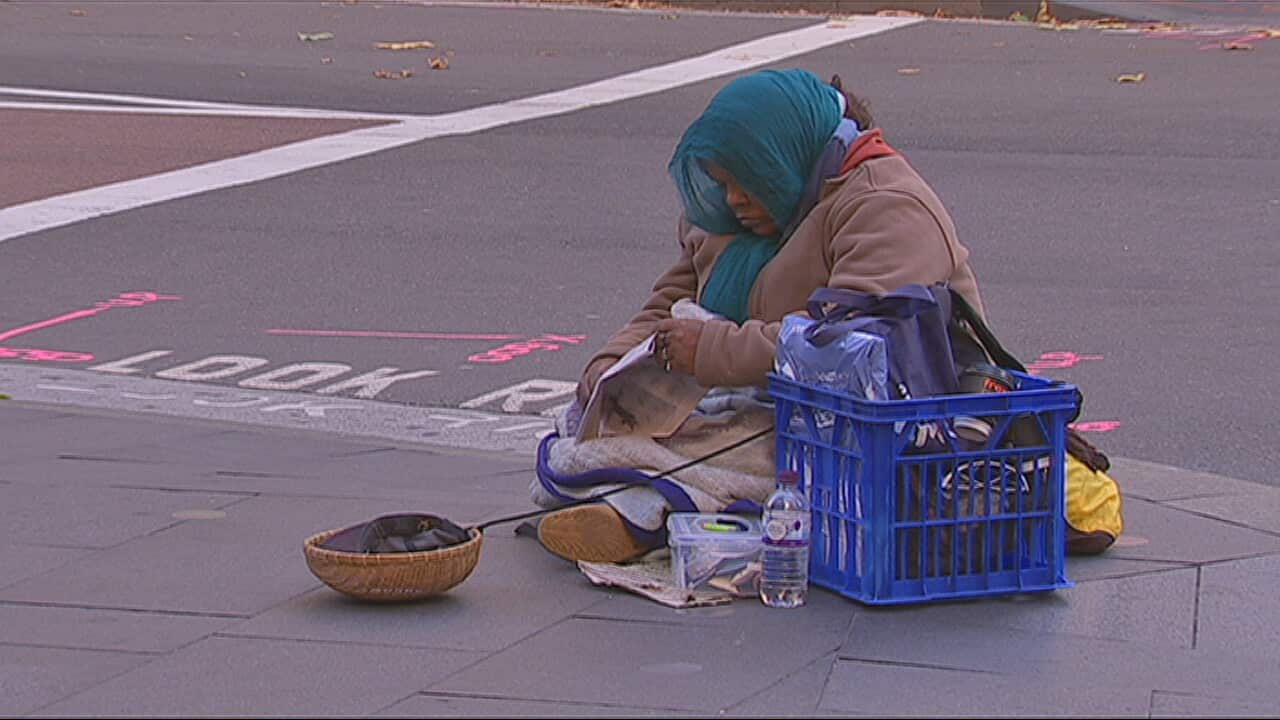Independent senator Nick Xenophon won't be putting his name on Tuesday night's census form, just like Greens senators Sarah Hanson-Young and Scott Ludlam and crossbencher Jacqui Lambie.
Senator Ludlam, who is "a big fan of the census", he is taking the stand because he doesn't believe the ABS is capable of protecting the collected data.
"If the US Department of State, and the CIA, and the Australian Department of Immigration and Border Protection weren't able to prevent to prevent themselves from being hacked... there's nothing about the ABS that gives you confidence that couldn't happen in the future."
Senator Lambie she's concerned about people who need their privacy protected, such as "the Australian Defence Force members, veterans out there, police officers, people wanting witness protection, judiciary members - just to name a few".
"And obviously I've had death threats in the past, so I am very concerned about putting my name and address on that census data."
They will risk fines of $180 per day for each day their census form is not filled out, potentially being able to start a test case on whether not including names if a fineable offence.
Senator Xenophon hopes to be a test case and will introduce his legislation that makes giving your name optional in the future.
He rejects a claim by Small Business Minister Michael McCormack that people already hand over more information when they shop online, sign up to a supermarket loyalty card or log in to Facebook.
"Facebook doesn't fine you $180 a day until you comply," Senator Xenophon told the Nine Network ahead of the Tuesday night survey.
But the man you may expect to not give his name - David Leyonhjelm - will be.
Despite declaring libertarians like him don't trust governments - and don't want to give them power - he won't be joining other crossbenchers.
"Broadly I'm sympathetic to that, but it is the law to provide your name and I wouldn't endorse breaking the law," Senator Leyonhjelm told ABC radio.
He is troubled the Australian Bureau of Statistics will be keeping details for four years instead of 18 months, but says he's more concerned about the government's metadata laws that allow telcos to keep consumer details for two years.
"Our privacy is under threat and I think it is a serious issue, but relative to the metadata issue I see the census as relatively innocuous," he said.
Mr McCormack insists the ABS has an impeccable record when it comes to privacy and even the prime minister can't access the census data.
He hopes reluctant senators will get on board, especially because they want their states to be properly resourced - something based on the population data which is received.
Shadow assistant treasurer Andrew Leigh also argues names are needed to calculate trends such as Indigenous life expectancy.
But he is critical of the government's inability to explain its changes to the census.
"Michael McCormack has been very slow out of the blocks," he said.
"When we look back to the last census where Bill Shorten was the responsible minister it ran far more smoothly in large part because Bill Shorten took ministerial responsibility rather than kicking it off to the bureaucrats."
Dr Leigh says the census is critical in terms of allocating funding to schools, developing homelessness strategies and employment programs.
Cabinet minister Christopher Pyne accused Senator Xenophon of engaging in a "tin-foil hat kind of politics" - a reference to conspiracy theorists - and damaging South Australia.
"If people follow his lead in South Australia and they are not counted, our population in South Australia will be under-represented and we could well lose a seat in the House of Representatives in the next redistribution," he told ABC radio.
"So in fact, Senator Xenophon, in gaining a political point and creating an issue which isn't there, is actually damaging the very state that he represents."












